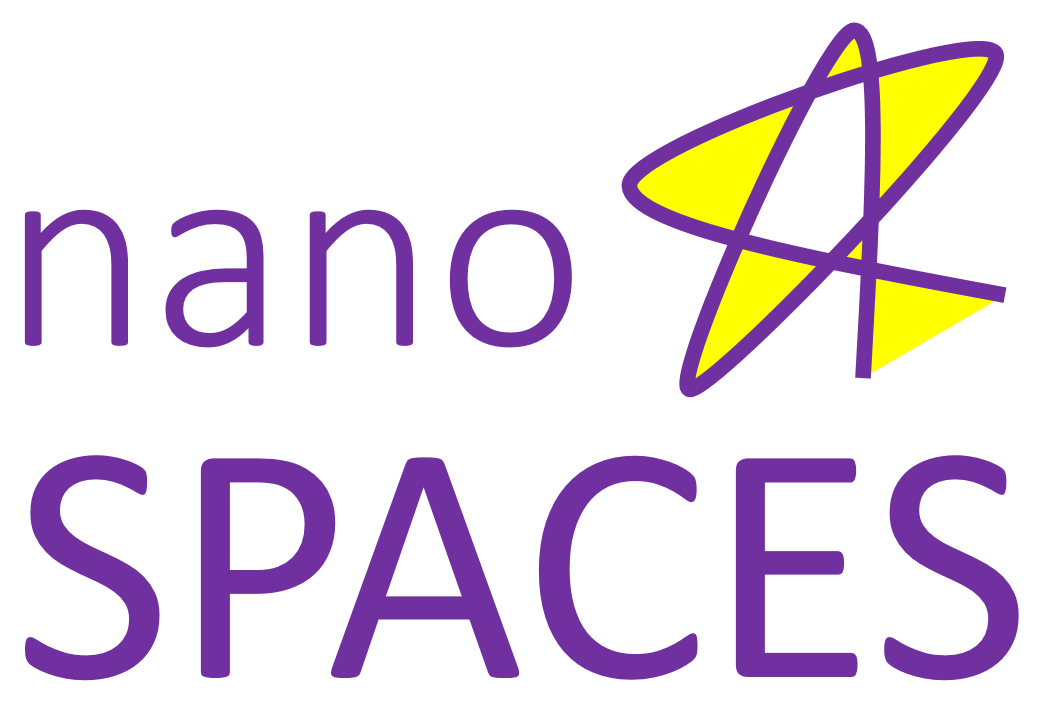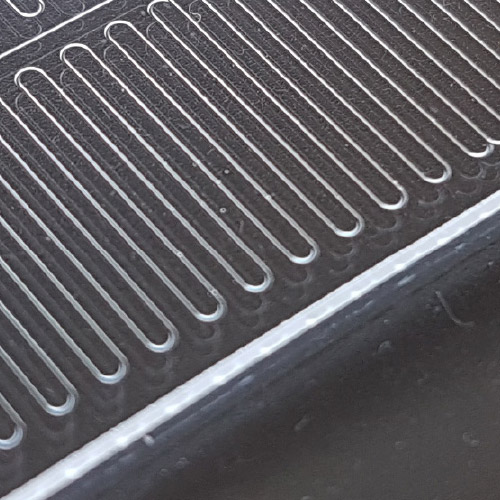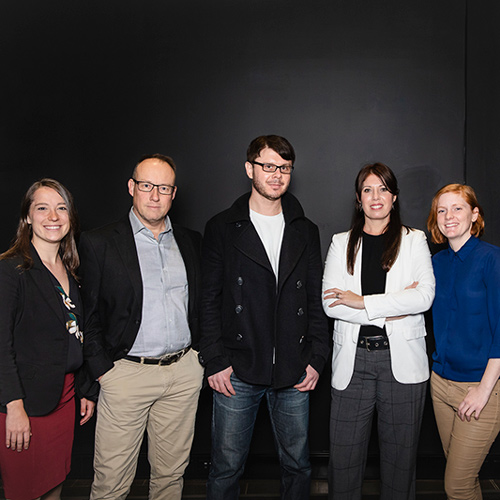About
Since 2015, the Innovation & Collaboration Centre has supported early-stage startups through providing workspace, mentoring and funding. Read more about our staff and our startups.
Programs
The Innovation & Collaboration Centre is home to Venture Catalyst and the state's first space incubator program Venture Catalyst Space. These programs are designed to help founders start their business.
Events
The ICC holds regular feature events on a range of cutting-edge topics for the ICC community and the public, community events for ICC startups, industry experts and other close partners and affiliates, and internal events exclusively for ICC startups.








